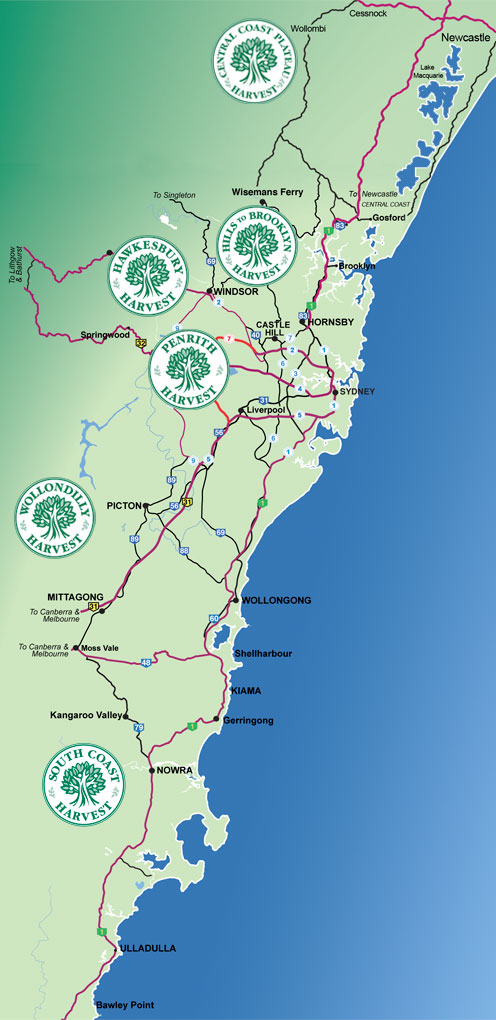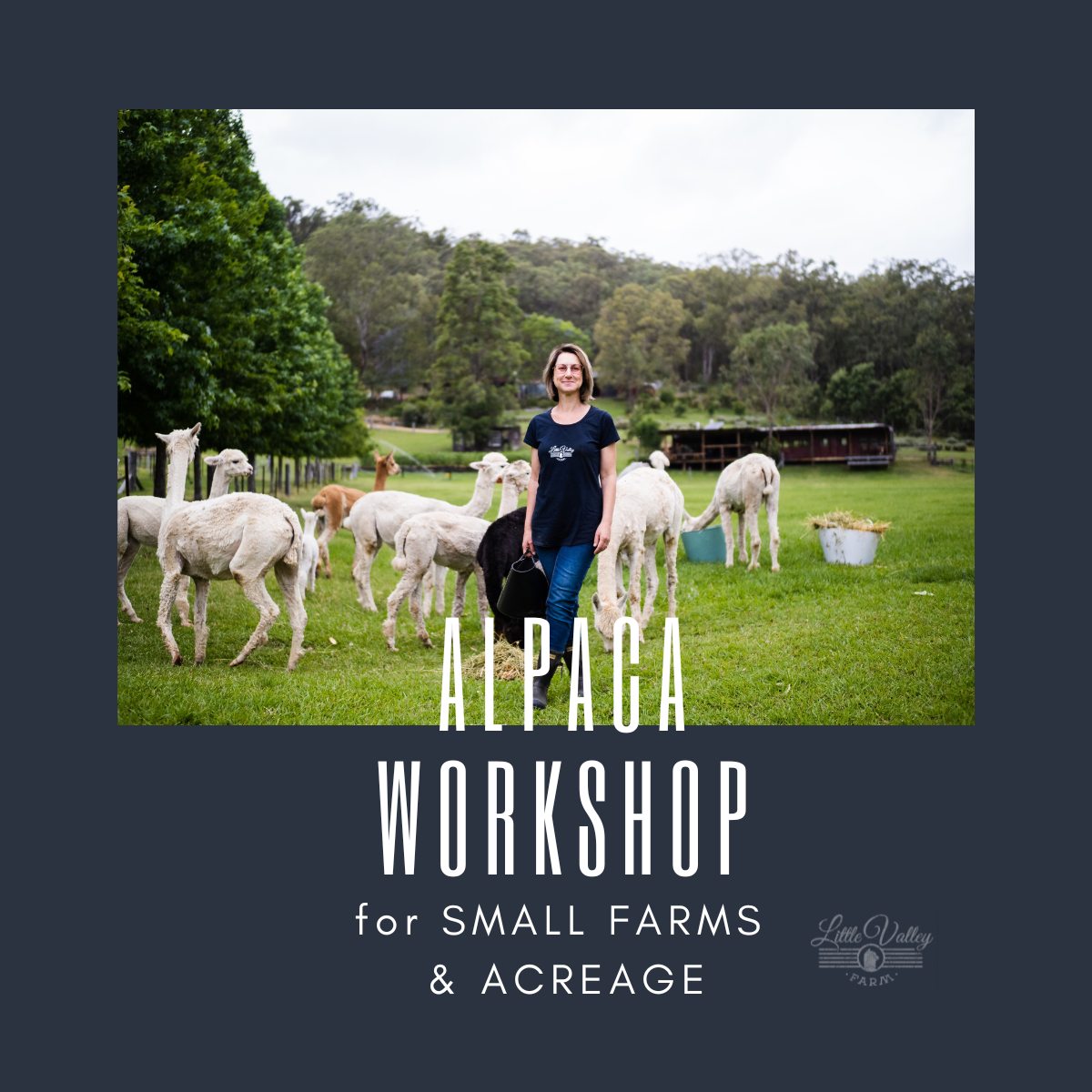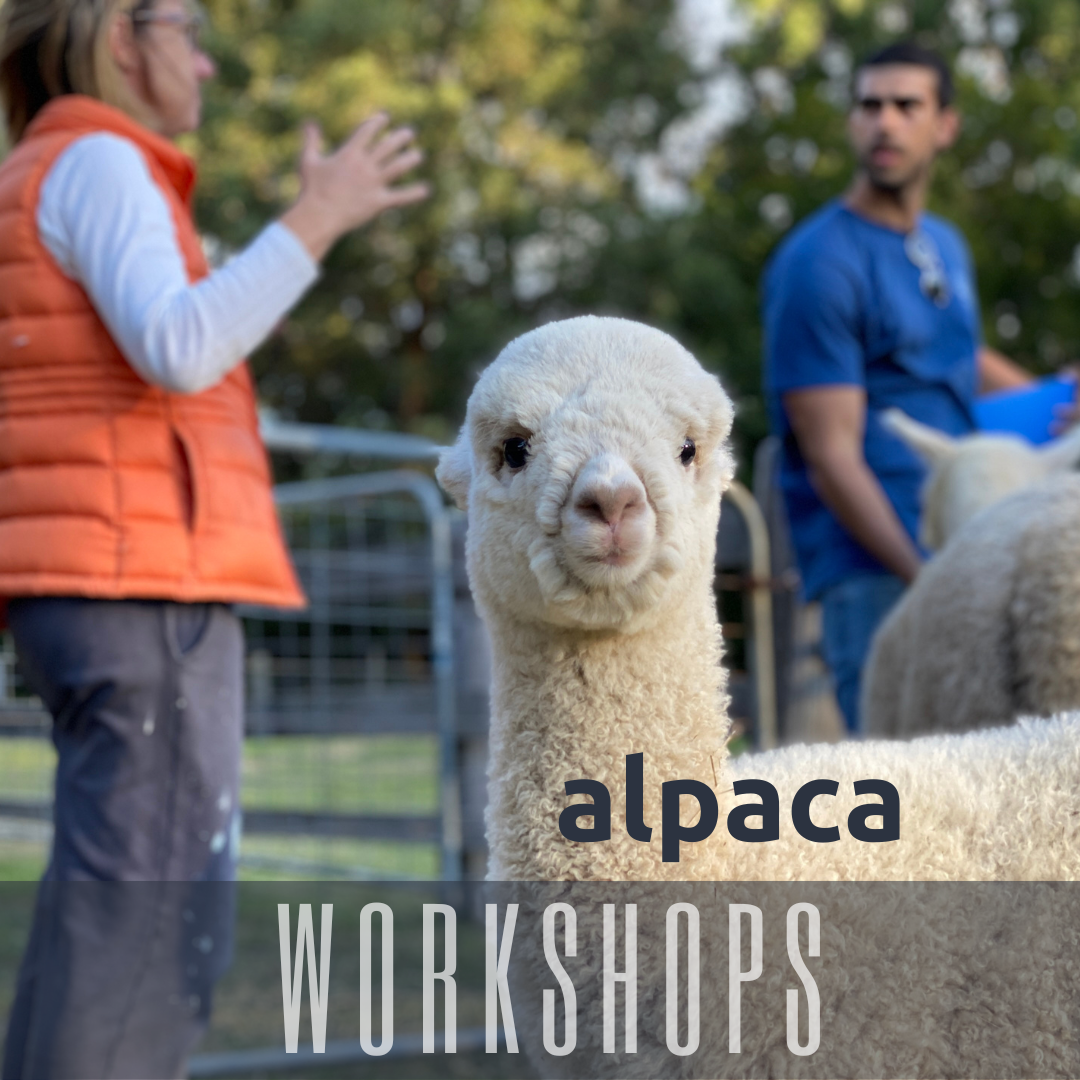Natural Attractions
Nature enthusiasts will be thrilled to discover Wollombi Valley, a paradise boasting rolling hills and a stunning bushland setting. Nearby, National Parks and State Forests offer hiking and biking trails, camping spots, and picnic areas. The area teems with various native species, making it an excellent destination for wildlife enthusiasts. Birdwatching and wombat spotting are popular activities in the area. Wombats freely roam the region, and thanks to the dedicated efforts of the volunteer team at Cedar Creek Wombat Hospital, many wombats receive exceptional care, including rehabilitation and release back into their natural habitat. Its important to note that the wombat hospital is not open for visitors due to their rescue overload work.
Keep an eye out for the vibrant birdlife, the gentle roaming wombats, and the elusive wallaroos, while listening for the captivating songs of the gang-gang cockatoo, butcherbird, and lyrebird.
Accommodation Options in Wollombi Valley
The Wollombi Valley has a variety of places to stay that cater to different tastes and budgets. Whether you're into cozy bed-and-breakfasts, rustic cabins, or fancy lodges, there's something for everyone. Many of these accommodations boast breathtaking countryside and bushland views, providing the perfect setting to unwind and immerse oneself in the tranquillity of the surroundings.
Here are our top five places to stay in Wollombi Valley.
Family-friendly
Hollybrook Hunter Valley at Sweetmans Creek, a 100-acre historic dairy farm owned by local artist, Heather McMullen, who also runs Art N Sip classes.
Pet friendly,
The Woodcutters is a spacious country home suitable for large groups and just a short stroll from Wollombi Village.
Glamping,
Little Valley Farm, with its iconic 1950s glamping train carriage by the alpaca paddocks, was nominated by Airbnb as the Best Unique Stay Host Finalist for 2023.
Unique Stay,
The Shearer's Studio showcases a wood-fired Finnish Dry Sauna crafted by Euan Wilcox from recycled timber and a unique cabin experience on a working alpaca farm.
Single night
Grays Inn Wollombi, A Georgian sandstone building located in the heart of Wollombi Village, featuring a beautifully manicured garden, Noyce Brothers Cellar Door, and a relaxing café, all under one historically significant roof.
Historical Significance
The Wollombi Valley holds significant historical importance, especially for the indigenous people who have lived here for thousands of years. During the colonial period, the valley was a major route for travellers heading to the Hunter Valley and beyond. The historic village of Wollombi, with its well-preserved sandstone buildings, the iconic Wollombi Tavern, and the Wollombi General Store, is a testament to the region's past.
Wollombi Valley Arts Council, Fireshed Gallery and Little Yengo Gallery.
The award-winning gallery showcases Aboriginal paintings and artifacts that represent the meaning of Wollombi, which is “meeting place” or “meeting place of the waters. The artists, both local and from distant places, share traditions and strong connections with the land. Many of the artists reside in remote areas of Australia, so this non-profit gallery is operated and looked after by community volunteers. You are welcome to visit and appreciate the ever-changing collection, which shares the stories and traditions of the local corroborees through artworks and videos.
Activities and Experiences
Visitors to Wollombi Valley can enjoy various activities that showcase the region's natural beauty and cultural heritage. Local vineyards offer wine tasting, providing the opportunity to sample some of the Hunter Valley's wines. The Wollombi Village Markets, held a couple of times a year, feature local arts, crafts, and produce, giving visitors a taste of the local culture.
Drive up to Finchley Track, where Aboriginal rock carvings and ancient sites remain. Stop and enjoy the breathtaking view of Mt Yengo, which is significant.
BYO Bike: Ride your gravel bike up the steep hills, challenge yourself along the Finchley Track, or take casual but long rides down Watagan Creek Road, Laguna.
Vineyards
Noyce Brothers Wine at Grays Inn Wollombi, Undercliff Winery, Wollombi Wines, and Stonehurst Cedar Creek.
Wollombi Markets are held on the long weekends.
The Wollombi Valley Sculpture Festival runs from 14th to 29th September 2024.
Dining and Local Cuisine
Wollombi Valley's dining scene features a mix of traditional Australian fare and contemporary cuisine, often highlighting locally sourced ingredients. The Wollombi Tavern is a popular spot for its casual vibe, live music and historic charm. Additionally, several cafes and restaurants in the village and surrounding areas provide delightful culinary experiences in picturesque settings.
Where to dine
Visiting the Trading Post Laguna feels like escaping to a rustic paradise, offering charming views across the Laguna Valley. Myrtle and Stone is a delightful country cafe serving delicious breakfast all day. Meanwhile, the Wollombi Tavern and Wollombi General Store evoke the old-world charm of yesteryear. Lastly, the Wollombi Kitchen Next Door Cafe brings a fresh and dynamic dining experience to the area, with casual and formal options available.
Staying in Wollombi Valley offers a unique escape where history, nature, and relaxation converge. Whether you're seeking adventure, a romantic retreat, or a family-friendly vacation, the valley provides a diverse range of experiences to create lasting memories. Its blend of scenic beauty, rich cultural heritage, and warm hospitality makes Wollombi Valley a destination worth exploring.
Experience this tiny town that prides itself on slow travel for those who cherish nature and love the Australian bush setting.
"Come not to be seen, but to immerse yourself."


































